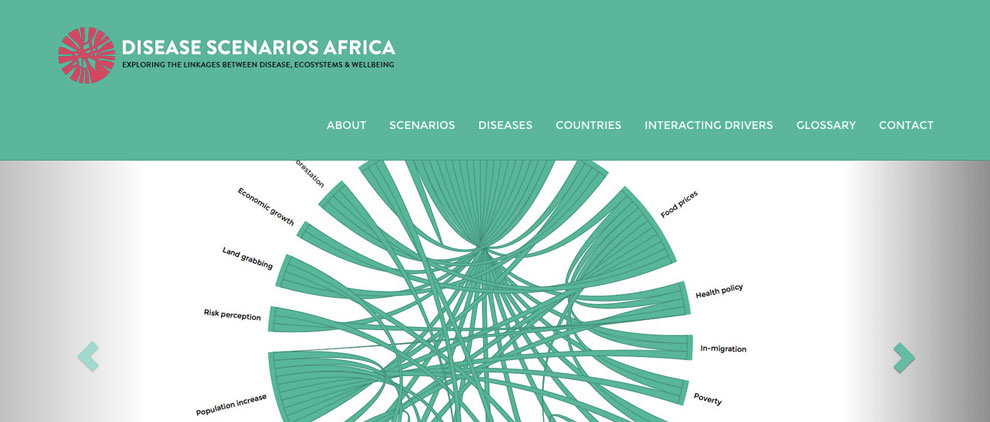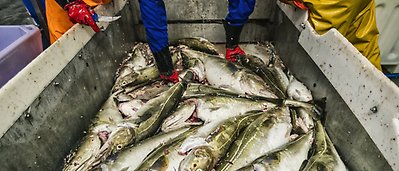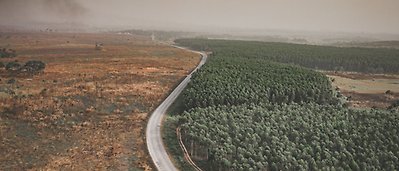
Environment and health
Preparing for zoonotic surprise
Exploring the linkages between disease, ecosystems and wellbeing in five possible future scenarios
Environmental changes and climate change are likely to affect human health in more ways than just a few. In some cases the linkages are quite clear, for instance in the case of extreme weather events and sustained injuries, or increased death rates caused by heat waves.
Other times the linkages are less obvious and more indirect, but still with serious consequences. Food security, risks of forced migration due to environmental degradation and the spreading of disease are examples of future challenges that are believed to fall into this category.
The Ebola outbreak in western Africa is an example of a zoonotic disease, one that can be passed between animals and humans. It has re-emerged through such indirect linkages, and illustrates that the effects of them can often be unexpected.
"These indirect effects are not of academic interest only. On the contrary, they are critical in an era where human action drives changes at planetary scale in ways that not only modify critical Earth system processes, but also known drivers of zoonotic disease emergence, evolution and transmission. Both policy-makers and scholars need to take Anthropocene disease risks seriously," writes Centre researcher Victor Galaz on the Lancet Global Health blog.
Sketching out possible futures
His research deals extensively with the governance challenges of the links between environmental change and disease dynamics. For instance, he is a member of The Lancet Commission on Climate Change and Health. Recently he has together with My Svensdotter at the Centre and colleagues at the Dynamic Drivers of Disease in Africa Consortium been working on a project to predict potential future scenarios for four zoonotic diseases that are emerging or re-emerging on the African continent.
The scenarios are presented on the website for the project, Disease Scenarios Africa. They are not predictions of the future but rather plausible stories that illustrate what might happen under different conditions, based on assumptions in chosen settings.
"Scenarios such as these are important tools for choosing a direction for the future," says Galaz. "They help us identify a range of possible futures and improve the understanding of and start discussion about a desirable future. They can also help decision-makers and communities take action to create a more resilient society."
Five scenarios are presented on the website: Business as usual; Abrupt climate change; Agricultural expansion; One Health; and Surprises and shocks.
The group has also analysed how different factors are connected to each other. In an interactive section on the website the complexity of the interactions between ecological, social and technological drivers affecting the spread of zoonotic disease is illustrated.
Related info
Victor Galaz is Associate Professor and Senior Lecturer in political science, and co-theme leader for the Global Dynamics theme at the Stockholm Resilience Centre.







